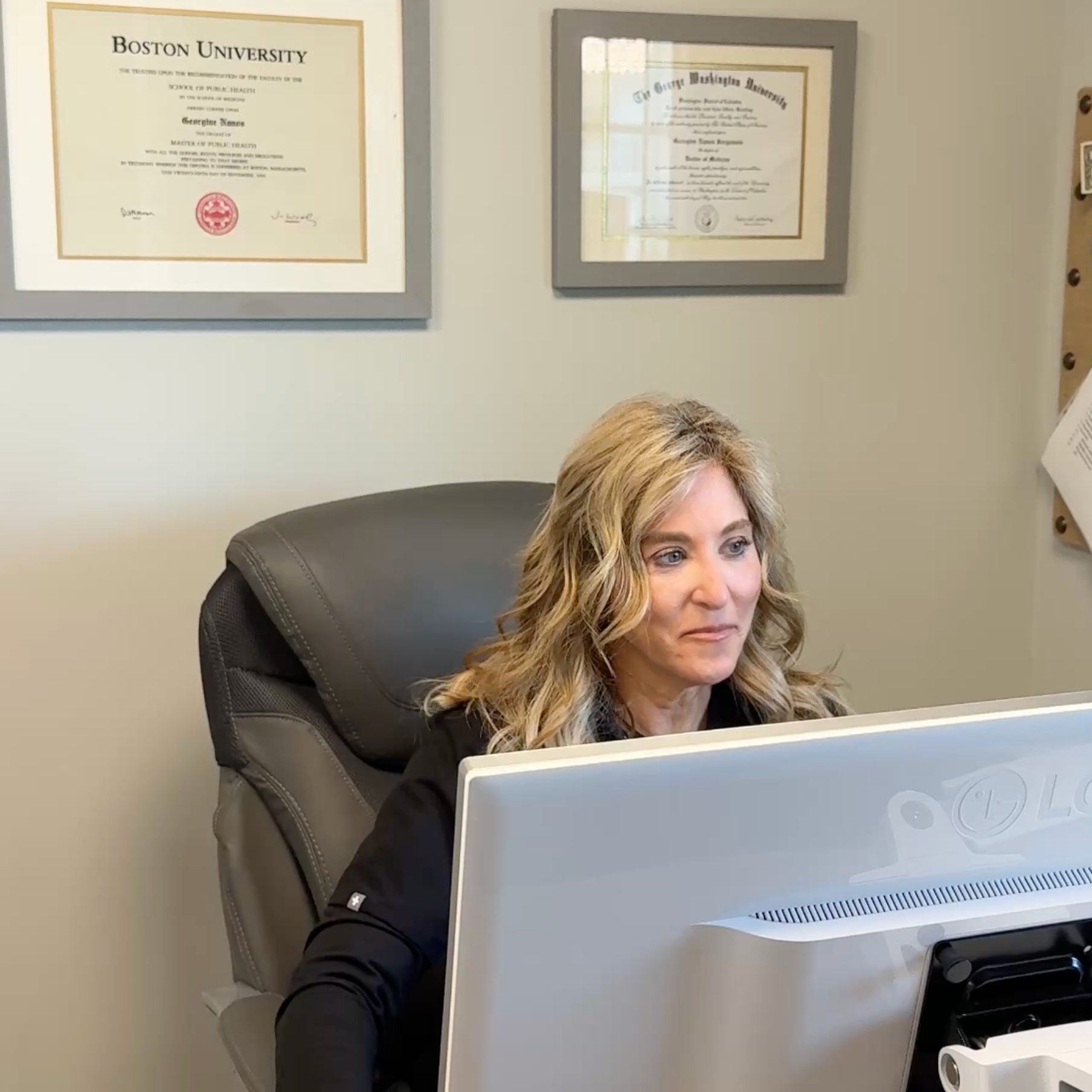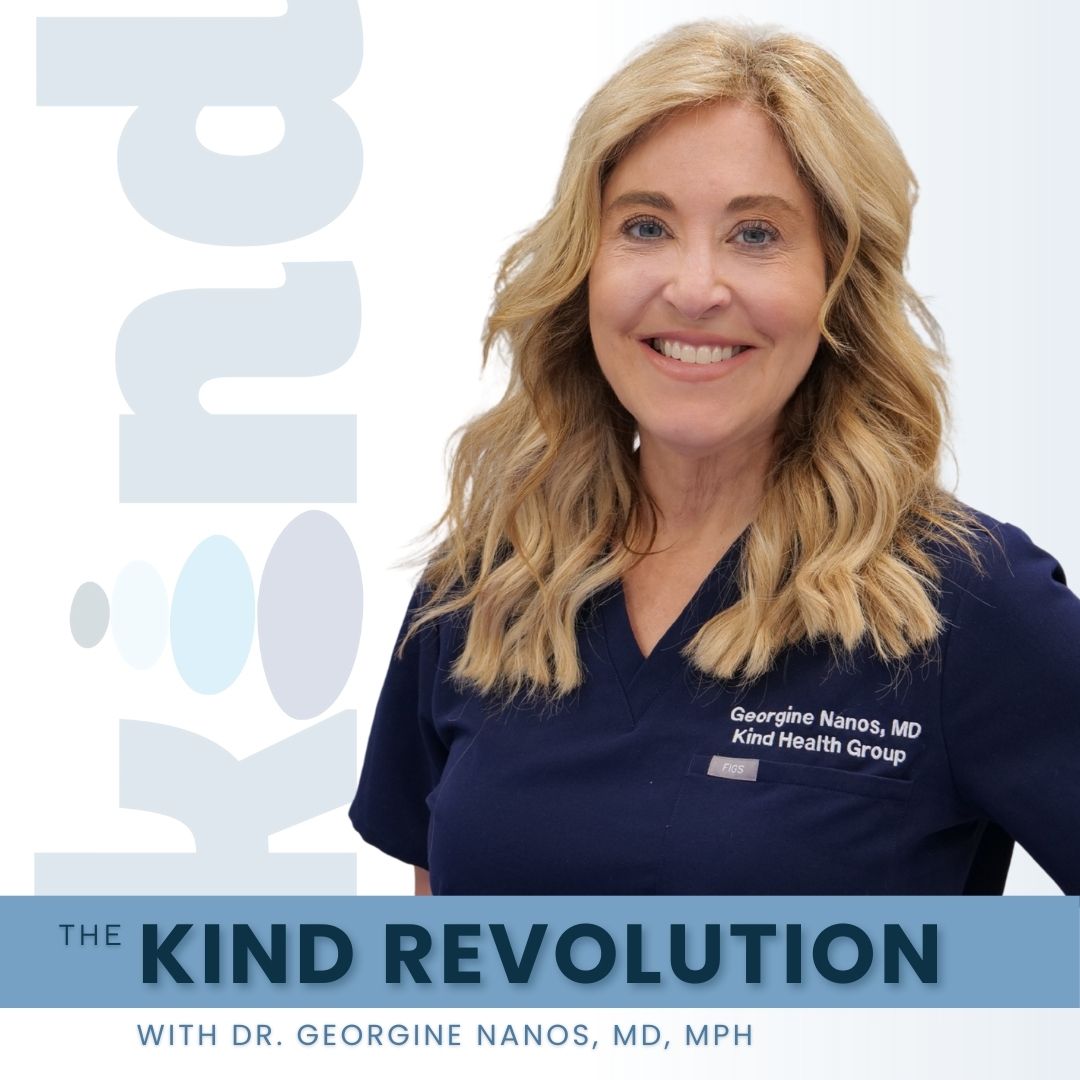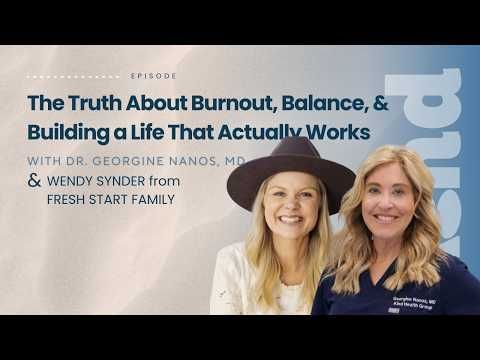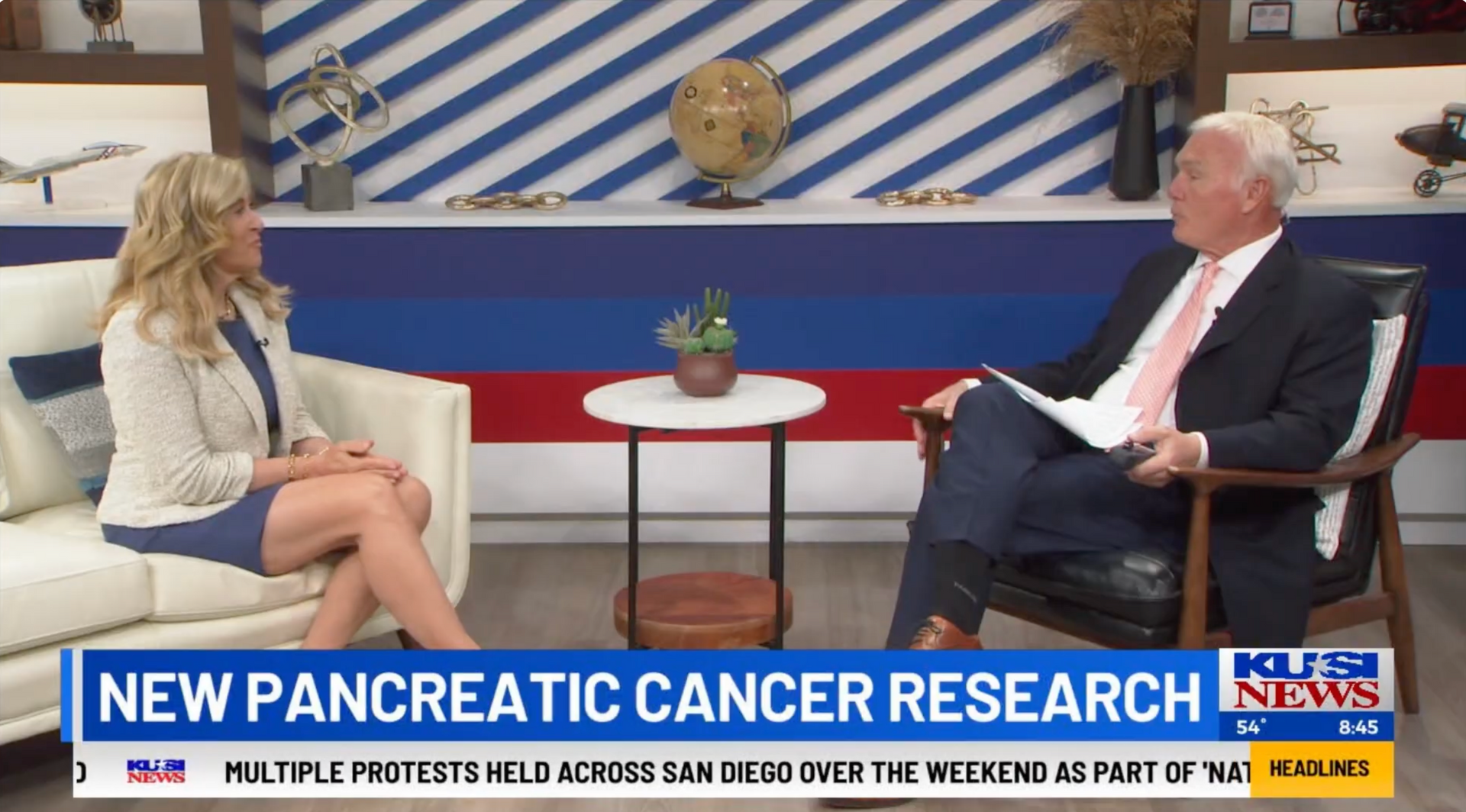When Good Skincare Goes Wrong
September 15, 2025
What to do when you avoid mirrors like the plague.
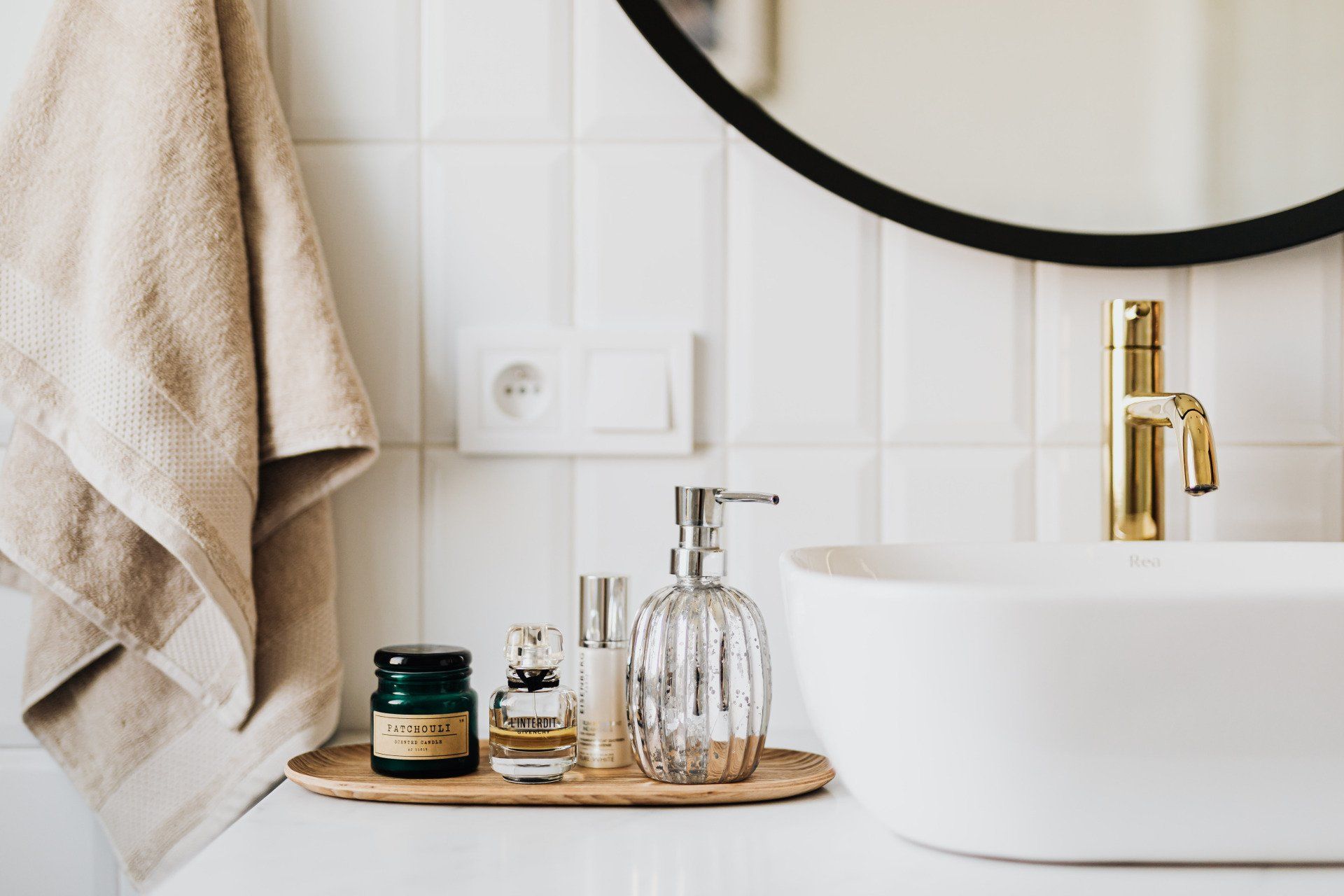
In this blog, you will find:
- The difference between cosmetic problems and medical problems - and why most women are fighting the wrong battle after age 40
- How collagen production and cellular turnover change from age 25 to 50, creating damage that no cream can penetrate
- Why combining Vivace RF microneedling with CoolPeel addresses the real problem instead of just managing symptoms
- What happened when Carol finally treated her skin like the organ it is - and how it changed everything from shopping to family celebrations
___________
Carol walked into my office looking absolutely defeated. Turns out she'd just spent three hours at South Coast Plaza trying on dresses for her son's engagement party. Nothing looked right. Every mirror seemed designed to highlight everything she hated about how she looked.
"I used to love shopping," she said, slumping into the chair across from my desk. "Now I avoid it completely. The lighting in those dressing rooms is like being interrogated by the FBI."
But here's the thing - it wasn't really about the lighting.
Carol is one of those women who does everything right. Religious about sunscreen, even in the car. Spends more on skincare than most people spend on groceries. Gets monthly facials at that fancy place in Newport Beach. She's been following every anti-aging rule in the book for twenty years.
And she looked older than she felt. Way older.
"I stare at myself in the bathroom mirror every morning and think, 'Who is this person?'" she told me. "My husband says I look beautiful, but he's legally obligated to say that. The mirror doesn't lie."
This is the conversation I have with smart, successful women almost every day. They're doing everything they've been told will keep them looking young, and they feel like complete failures when their reflection doesn't cooperate.
Carol had been on this skincare hamster wheel for years. Every time a new miracle product came out, she'd try it. Spent eight hundred dollars on this peptide serum everyone was raving about. Used it religiously for eight months. Nothing. Then she tried those monthly enzyme peels that left her face red and peeling for days. Still nothing.
"I have a drawer full of half-used products that didn't work," she said. "My bathroom looks like a Sephora graveyard."
Here's what I explained to Carol, and it's something that completely changed how she thought about skincare: most of what you're fighting isn't a cosmetic problem. It's a medical problem.
Your skin at 25 was making collagen like crazy. Turning over cells every few weeks, repairing damage overnight, basically maintaining itself without you having to think about it. By 50, that whole system has slowed way down. You're making maybe 75% of the collagen you used to make. Cell turnover that used to happen in a month now takes six weeks.
Add twenty-five years of San Diego sun, even with sunscreen, and you've got layers of damage that no cream on earth can penetrate.
"So you're telling me I've been trying to fix a medical problem with cosmetics," Carol said.
Most women don't realize that after about 40, skincare becomes a medical issue, not a beauty issue. Your skin is an organ that's not functioning optimally anymore. You wouldn't try to fix kidney problems with face cream, right?
This is where the Vivace and CoolPeel combination makes complete sense. We're not just putting expensive ingredients on top of damaged skin and hoping for magic. We're actually repairing the underlying structure.
The Vivace uses radiofrequency energy delivered through tiny gold needles to wake up the cells that produce collagen. Like sending a message deep into your skin saying, "Hey, remember how to do your job?" The CoolPeel then removes all that accumulated surface damage while your skin is in repair mode.
Carol was skeptical. She'd been burned by promises before.
"I can't go through another disappointment," she said. "I'm tired of hoping something will work and then feeling stupid when it doesn't."
I totally understood. But I also knew that what she'd been trying before was never designed to address the real problem.
The treatment itself was nothing like her previous experiences. No burning, no weeks of looking like a lizard, no wondering if anything was actually happening. She was slightly pink afterward, like she'd spent a perfect day at the beach.
Two weeks later, she texted me from Nordstrom. "Bought three dresses and actually enjoyed trying them on," she wrote. "What kind of sorcery is this?"
Her skin looked radiant, but more than that, she looked like herself again. Not a different person, not decades younger, just the best version of who she already was.
"My friends keep asking what I'm doing differently," she told me at her follow-up. "But I can't even explain it because I just feel normal in my own skin again."
That's exactly what we're after. Not some dramatic transformation, just giving your skin back its ability to function properly.
Carol's engagement party was last month. She sent me photos and she looked absolutely glowing. But more importantly, she looked happy. Confident. Like someone who wasn't constantly worried about how she appeared in pictures.
Your skin affects how you show up in your life. When you're not constantly thinking about it, you can focus on the stuff that actually matters. Like celebrating your kid's happiness instead of avoiding the photographer.
If you're tired of fighting a medical problem with cosmetic solutions, maybe it's time to try a different approach. One that actually addresses what's really going wrong instead of just hoping for the best. Schedule a consult with our team today!
